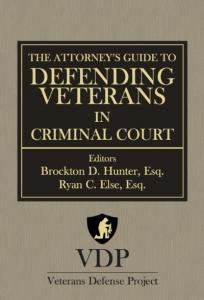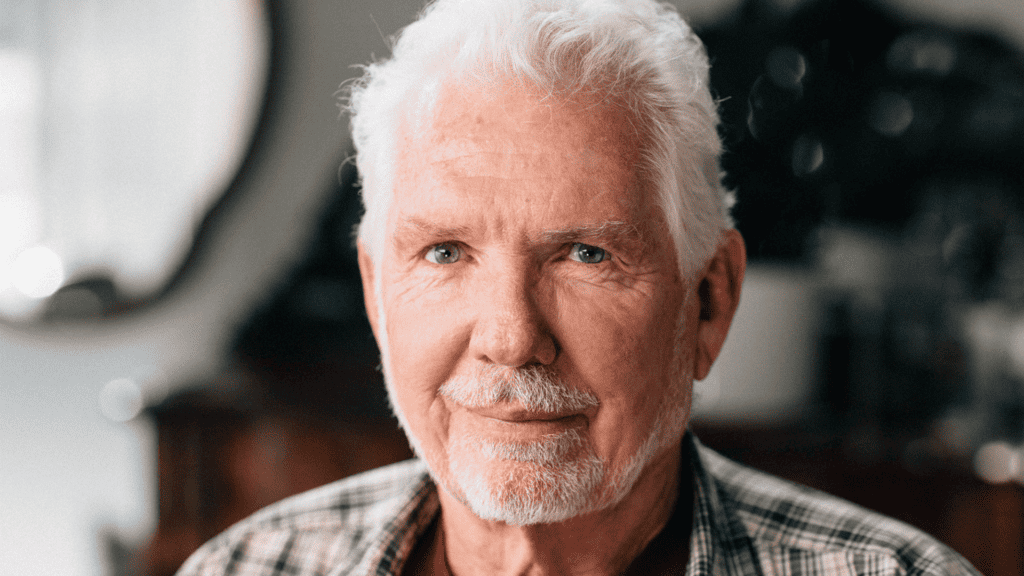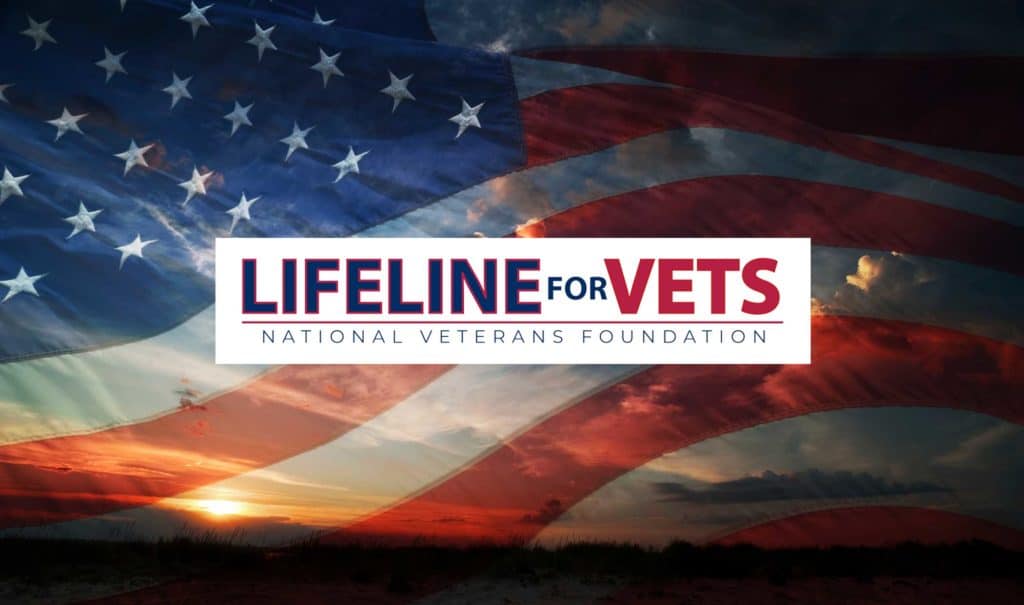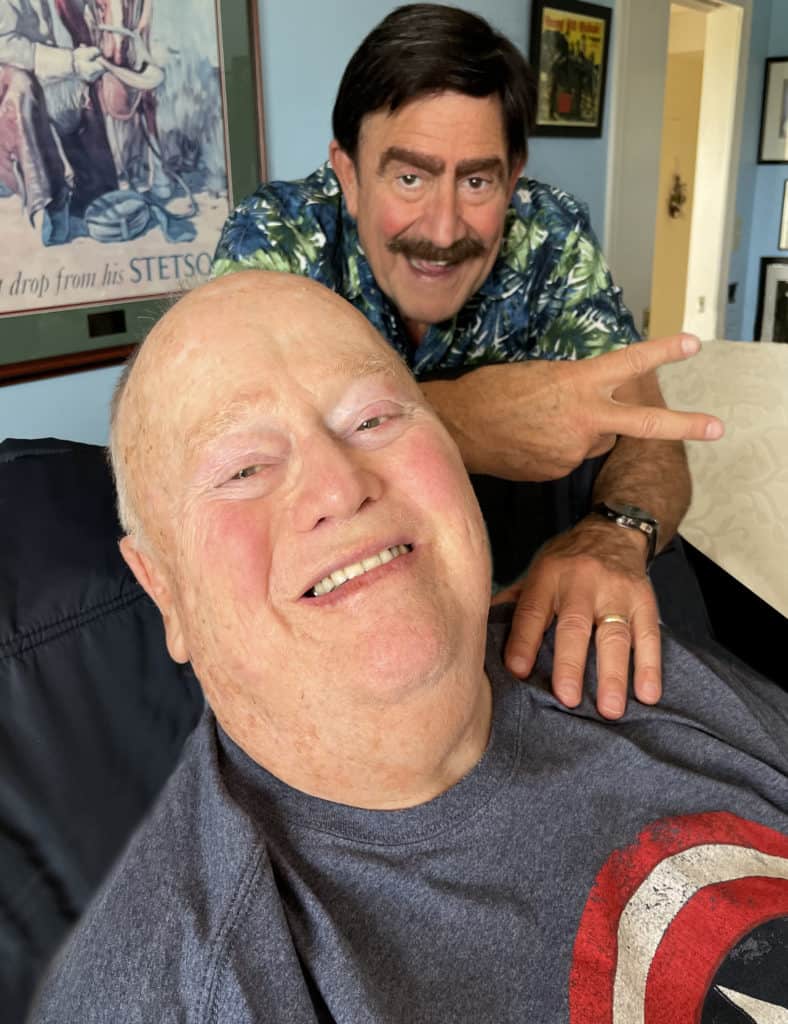Announcing the Release of The Attorney’s Guide to Defending Veterans in Criminal Court
 The National Veterans Foundation (NVF) and the Veterans Defense Project (VDP) proudly announce the release of The Attorney’s Guide to Defending Veterans in Criminal Court (Defending Veterans), ready for distribution by March 1, 2014. This legal treatise is the culmination of ten years of dedicated work that began in 2004: seven years trying to edit a previous edition of the book by NVF Founder and President Shad Meshad, and three years of serious combined editing work on new content by Brock Hunter and the VDP. The VDP is a new nonprofit formed specifically to educate and advocate for veterans in the criminal justice system. Defending Veterans brings together preeminent experts from the fields of law, medicine, social work, psychology, and psychiatry to provide practitioners with a comprehensive treatise to the art and science of defending criminally-involved veterans with PTSD, TBI, substance abuse, or other service-related disorders.
The National Veterans Foundation (NVF) and the Veterans Defense Project (VDP) proudly announce the release of The Attorney’s Guide to Defending Veterans in Criminal Court (Defending Veterans), ready for distribution by March 1, 2014. This legal treatise is the culmination of ten years of dedicated work that began in 2004: seven years trying to edit a previous edition of the book by NVF Founder and President Shad Meshad, and three years of serious combined editing work on new content by Brock Hunter and the VDP. The VDP is a new nonprofit formed specifically to educate and advocate for veterans in the criminal justice system. Defending Veterans brings together preeminent experts from the fields of law, medicine, social work, psychology, and psychiatry to provide practitioners with a comprehensive treatise to the art and science of defending criminally-involved veterans with PTSD, TBI, substance abuse, or other service-related disorders.
This book is incredibly timely. In July 2012, the National Academy of Science’s Institute of Medicine (IOM) released a comprehensive report on PTSD in military and veteran populations from the Iraq and Afghan wars. It paints a stark picture. According to the IOM report, more than 2.6 million Americans have now served in Iraq or Afghanistan, and up to 20 percent, approximately 500,000, of this new generation of veterans are suffering from PTSD. The report also acknowledges that, because of underreporting and delayed onset of PTSD, the true numbers are likely higher.
In addition to providing a sense of scale for the coming wave, the IOM report acknowledges the long-denied connection between combat trauma and criminal behavior — noting that PTSD rarely exists in a vacuum:
Three categories of conditions frequently co-occur with PTSD: psychiatric (depression and substance use disorders), medical (chronic pain, TBI, and spinal-cord injury), and psychosocial (relationship problems, difficulties in social settings, intimate partner violence [IPV], child maltreatment, unemployment or lack of employment, homelessness, and incarceration).
Attorneys advocating on behalf of troubled veterans in the past had little societal, scientific, or legal support for their work. It was not until the wake of Vietnam that PTSD was officially recognized, and attorneys defending veterans in criminal cases mounted the first successful PTSD-based defenses. These early advocates and their experts were few in number, and they fought an uphill battle. They could present precious little empirical evidence about PTSD, particularly regarding its ties to criminal behavior.
These pioneering defenders were also hindered by the lack of proven therapies to treat combat trauma, so the courts’ concern for public safety often trumped pleas for treatment, resulting in lengthy jail terms. In addition, the societal taboo endured, despite official recognition of PTSD, and the State’s calls for retribution frequently drowned out appeals for redemption.
Despite the uphill battle, a few stood strong in defense of our veterans. For example, Shad Meshad, Barry Levin, David Ferrier, and others formed a traveling trial defense team that successfully defended, amongst many others, Albert Dobbs, a troubled Vietnam veteran already serving a lengthy prison term for armed robbery in Louisiana. Later, they distilled their years of hard-won experience in their book, Defending the Vietnam Combat Veteran,[4] the direct predecessor to Defending Veterans, authored by Barry Levin and David Ferrier. The NVF carried this torch for decades by promoting veterans’ justice issues and assisting criminally charged veterans, which culminated in the NVF funding and producing the defense book.
Today, entering the aftermath of the Iraq and Afghan wars, attorneys defending veterans in criminal court are blessed with the hard-won lessons of our predecessors and a growing body of supporting evidence. Experts in the fields of history, sociology, psychology, and medicine are rapidly converging around a new consensus about the effects of war on the warrior.
Over three years ago, the NVF began working with Brockton Hunter and Ryan Else, both military veterans and attorneys, to co-author and edit a new legal text to ensure this new expertise is effectively communicated to those defending this new generation of returning veterans. Authors from the top of their fields were recruited to contribute specialized chapters, such as:
- Dr. Jonathan Shay, M.D. Ph.D., author of Achilles in Vietnam: Combat Trauma and the Undoing of Character (1994) and of Odysseus in America: Combat Trauma and the Trials of Homecoming (2002);
- Brigadier General (Ret.) Stephen Xenakis, M.D., a retired Army medical corps officer with 28 years of active service, including being a senior adviser to the Department of Defense on neurobehavioral conditions and medical management;
- Evelyn Lundberg Stratton, a former Justice of the Supreme Court of Ohio; and
- Judge Robert Russell of the Buffalo, New York Veterans Treatment Court (VTC), the pioneering court that began the proliferation of VTCs throughout the United States.
As the scope of this project grew, it became clear to the NVF and the editors that properly continuing the mission of advocating and educating for veterans in the criminal justice system required the creation of a nonprofit dedicated singularly to this cause. The VDP was created to publish Defending Veterans, and to carry its message forward to all points of the criminal justice system. The NVF funded the first printing of Defending Veterans and donated invaluable advice, connections, and reputation to the VDP in the creation of the book. The NVF and the VDP will continue to be partners in ensuring our veterans receive as vigorous a defense in the courtroom as they provide our nation on the battlefield.
The book is available for sale through the VDP web site: www.veteransdefenseproject.org
The cost is $200, plus $25 shipping.
[1] Comm. on the Assessment of Ongoing Efforts in the Treatment of Posttraumatic Stress Disorder, Inst. of Med. of the Nat’l Academies, Treatment for Posttraumatic Stress Disorder in Military and Veteran Populations: Initial Assessment 39 (2012) [hereinafter Treatment for PTSD].
[2] Id.
[3] Id. at 10 (emphasis added).
[4] Barry Levin & David Ferrier, Defending the Vietnam Combat Veteran: Recognition and Representation of the Military History and Background of the Combat Veteran Legal Client (1989).
You can be a part of our mission to help Veterans by making a tax-deductible donation!
About the Author
SUBSCRIBE TO OUR BLOG AND NEWS!
By submitting this form, you are granting: NATIONAL VETERANS FOUNDATION INC permission to email you. You may unsubscribe via the link found at the bottom of every email. (See our Email Privacy Policy for details.)
Related Posts





